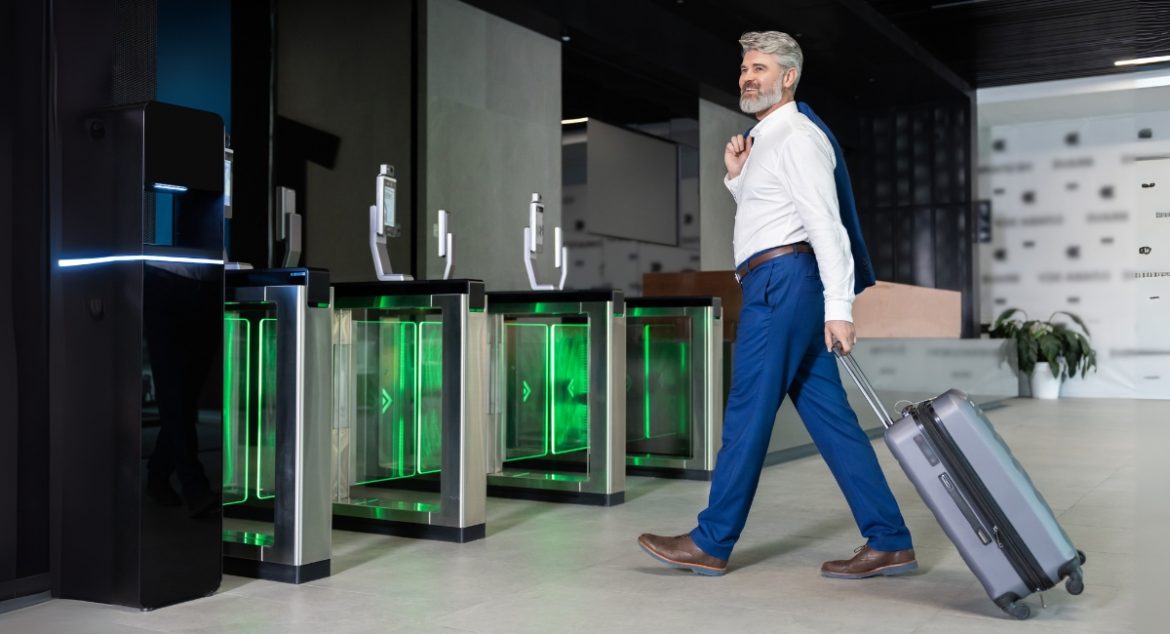Traditional travel search still dominates — for now. But the shift to AI-powered discovery is accelerating fast.
With platforms like ChatGPT, Perplexity, Claude, and Gemini growing at record pace, the way travelers research, plan, and book is being completely redefined. Traffic to AI tools surged over 80% last year. And yet, many in the industry are still clinging to outdated SEO tactics — tweaking meta descriptions and keyword-stuffing hotel pages like it’s 2015.
Here’s the hard truth:
Search engines aren’t just delivering traffic anymore — they’re delivering answers.
With AI-generated summaries and zero-click results becoming the norm, your website is no longer the destination. It’s just one of many data points AI uses to construct responses.
And the leaders? They’re already adapting.
Some major OTAs are ahead of the curve — structuring their content, optimizing for AI visibility, and aligning closely with how modern search works. They’re not waiting for the future; they’re building it.
Meanwhile, the rest of the industry is still playing catch-up.
Let’s break it down:
- The gap between traditional search and AI discovery is narrowing — fast.
- Content that isn’t structured, cited, and everywhere AI looks is already invisible.
Strategies relying on organic traffic are being disrupted by answers that don’t need a click.
This is a wake-up call.
If you’re not optimizing for AI — what some now call Artificial Intelligence Optimization (AIO) — you’re not in the game. You’re just watching from the sidelines.
- Structure your content.
- Make it machine-readable.
- Get cited across trusted platforms.
- Be present where AI looks for answers.
The travel discovery journey is changing — and we all need to evolve with it.

